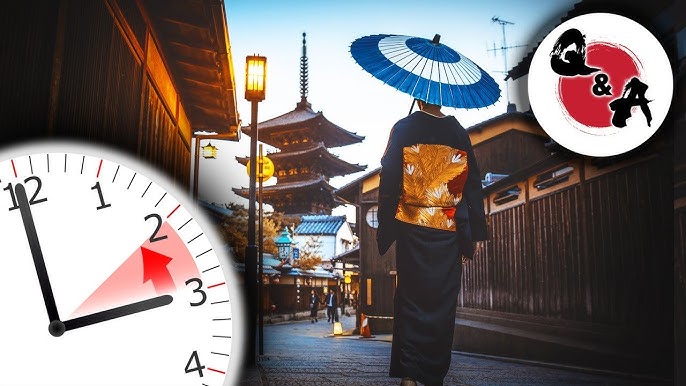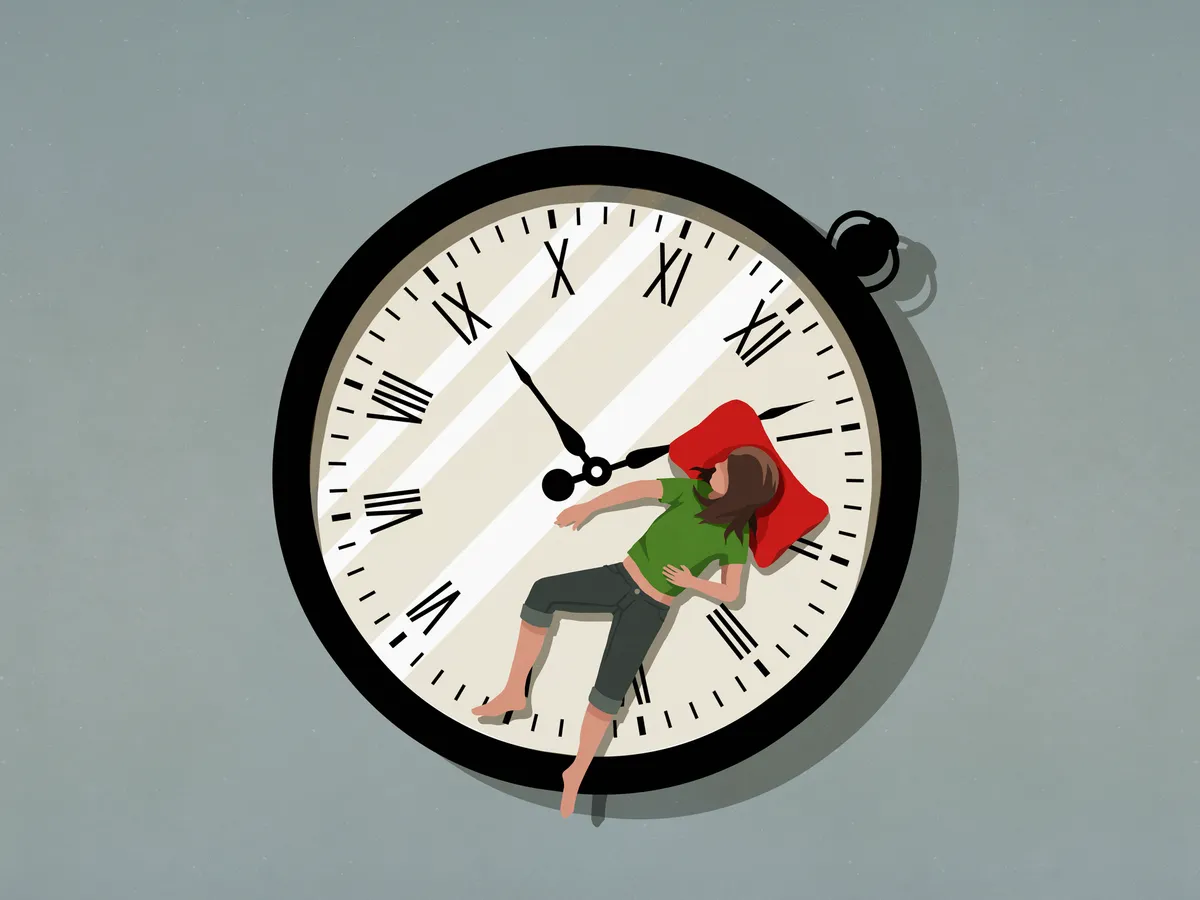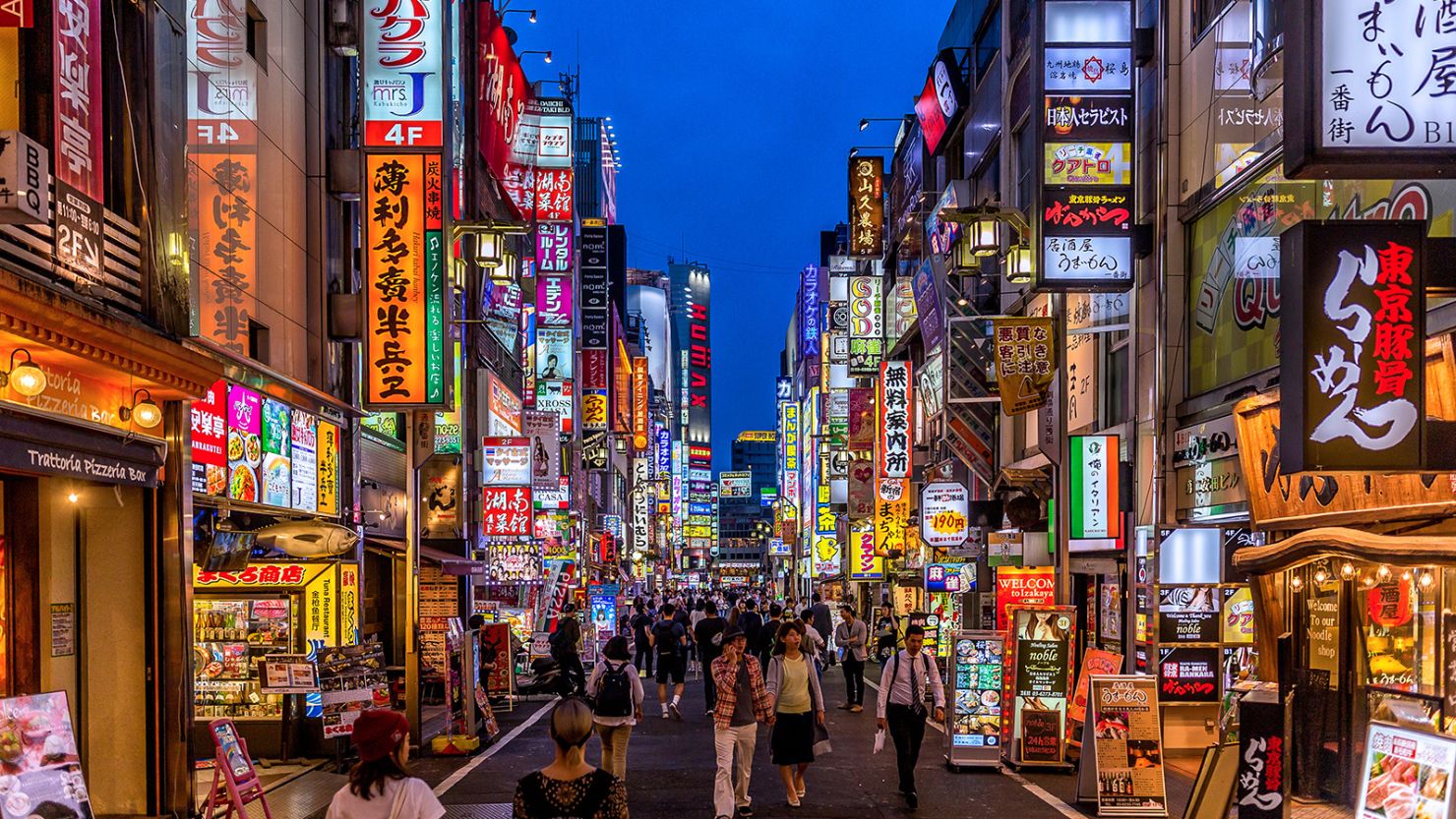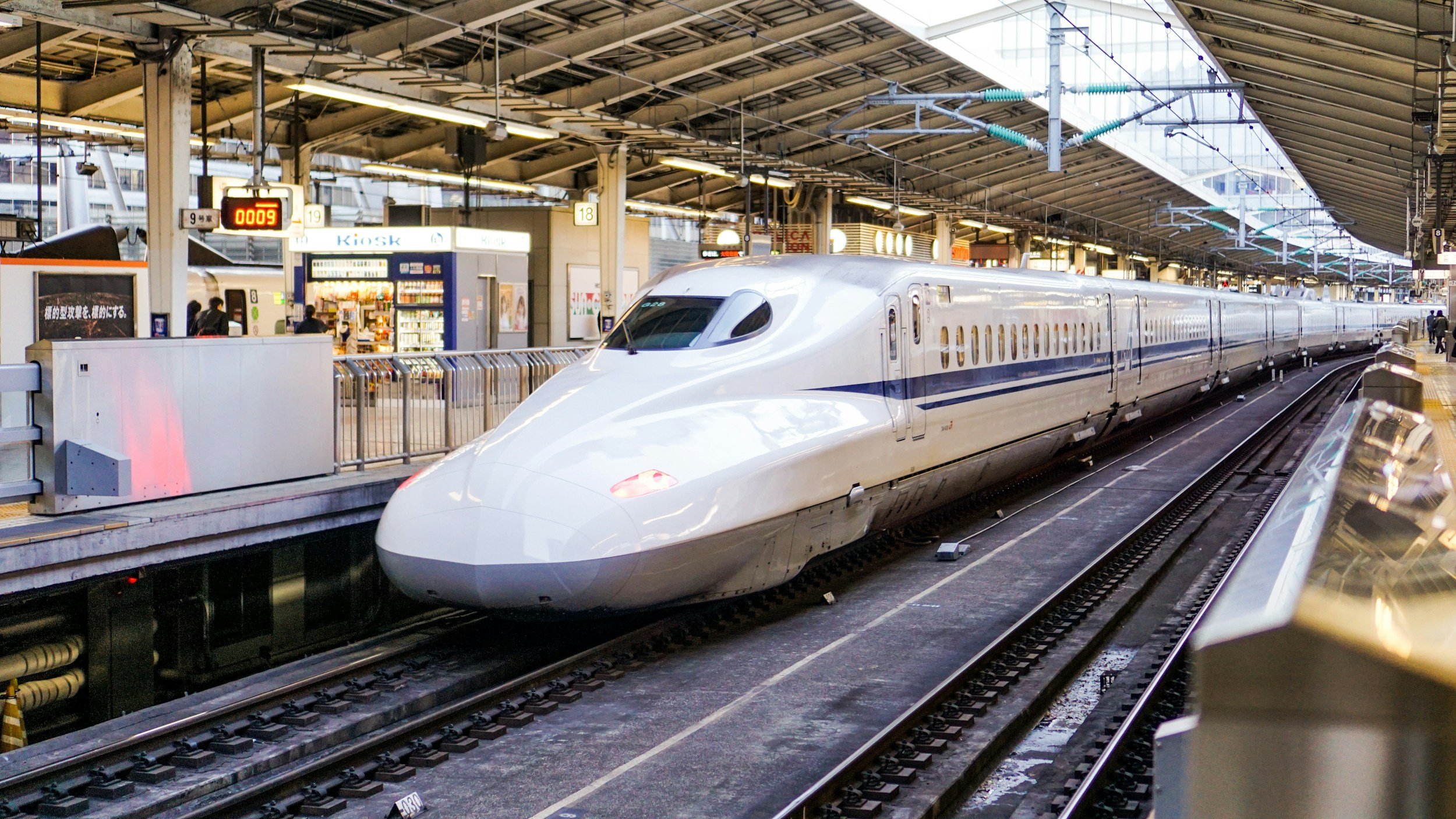When it comes to daylight saving time, most countries turn their clocks forward or back twice a year. However, there are a few out there that don’t, and Japan is one of them.
Unlike many countries around it, such as South Korea and the United States, Japan has never implemented DST. But why is that?
In this post, we will delve into Japan’s history with daylight saving time, why it has never adopted the system, and what it means for life in the country.

Does Japan Have Daylight Saving Time?
No, Japan does not practice daylight saving time( DST). The country has never changed the clock for anything, and it does not shift time or have DST. Merely regardless of where it is during the year, Japan remains Japan Standard Time (JST) year round. Many countries change their clocks twice a year. Japan is not one of them.
The History of Daylight Saving Time in Japan
Daylight saving time (DST) was actually introduced in Japan shortly after World War II, between 1948 and 1951. The American occupation forces, looking to make certain practices uniform, imposed DST as well. But the measure was far from popular.
Farmers were chiefly against it; DST disturbed their schedules a lot, especially as Japan’s agricultural plans revolve around rice, which depends on the sun. The general population also saw little point in the twice-yearly time change. When World War II and the American occupation was over in 1952, DST was scrapped, and it has never returned to Japan.

There were a few factors at play that influenced Japan’s decision not to adopt the time change. The first was that it was inconvenient. People didn’t see enough benefits. The second was Japan’s location. We didn’t need to adjust daylight hours here in Japan. So even though it has been debated over the years, it never made it onto Japan’s timekeeping system.
Why Japan Doesn’t Observe Daylight Saving Time
There are several major reasons why Japan decided not to adopt daylight saving time:
1. Geography
Japan’s location on the planet means the length of the days remains quite stable across the year. You won’t find yourself in a country with dramatically shorter or longer days than your home.
2. Cultural and Societal Considerations
Japan is a society that likes structure. This is a country that has a routine in place, and its people work around it. So, twice-a-year clock changes would not serve anybody’s convenience.

3. Energy Issues
While many nations use DST to conserve energy, there doesn’t seem to be much of a need for it here. Japan is lightyears ahead when it comes to infrastructure and utilizing resources. The last thing it needs is to start changing the clocks in order to save power. It practices conservation in other ways.
4. Lack of Public Opinion
It seems the public as a whole isn’t generally in favor of moving the clock around. Many in Japan would rather have a stable time system instead of the changing clock twice a year.
5. Economic Stability
Japan’s steady economy also gets a boost from predictable schedules. Businesses (particularly global companies) won’t have to deal with time zone discrepancies, making international communication run much more smoothly.

6. Focus on Efficiency
In general, the Japanese work culture values efficiency and punctuality, so keeping the same time all year helps maximize the country’s productivity. With no need to shift around business hours due to daylight saving time efefcts, things remain more organized.
What Does This Mean for Travelers?
If you’re heading to Japan, not knowing that the concept of daylight saving time (DST) doesn’t exist there can affect your trip. Here’s what you should be aware of:
1. No Time Changes
During Your Visit Unlike many other countries, Japan doesn’t change its clocks in spring or fall. It’s the same time all year round. You won’t need to plan around any time changes and can organize your activities and flight schedules without having to consider a switch in time.
2. Keep Track of Events and Schedules
Although there are no time changes in Japan, DST could be in effect elsewhere around the world. If you have any activities or appointments in another country that observes DST, you’ll need to take that into consideration when calculating the time difference between Japan and the other country.

3. Simpler Planning for Daylight Hours
Since Japan does not observe DST, the length of the days in Japan remains relatively consistent year-round. This consistency can simplify your travel planning, so you can better anticipate daylight hours, allowing to optimize your time to explore whether visiting in the winter or the summer.
4. Impact on Business and Communication
If you’re traveling for business or keeping in touch with people at home, the absence of daylight saving time in Japan can make it easier to schedule. You can stay in the same time zone without having to deal with time differences as you try to set up calls or virtual meetings.
5. Less Impact on Local Routines
Their daily life isn’t organized around “moving” hours. Transportation, business hours, as well as attraction and monument opening days stay the same all year long, so this will allow you to plan your Japan itinerary without facing any surprises.

Knowing that Japan does not adopt daylight saving time can help when planning your trip so you can stay organized and keep better track of your time. Just don’t forget to factor in the time difference when you talk to loved ones in countries that do use DST.
FAQ
1. Are there any other countries in Asia that change the clocks?
Daylight savings is not something practiced by many Asian countries, including Japan. However, many non-Asian countries (such as the United States and most of Europe) still use daylight savings.
2. Do you think Japan will ever implement daylight saving time?
Daylight saving time is not likely to be introduced in Japan anytime soon. Japan has a stable time zone, there’s no public will to change the system, and the meager advantages it could provide suggest that maintaining Japan Standard Time is the better choice.
3. How does Japan Standard Time (JST) stack up against other time zones?
Japan is in the Japan Standard Time (JST) zone, which is Coordinated Universal Time (UTC)+9, as the name suggests, i.e., Japan is 9 hours ahead of Coordinated Universal Time. There is no daylight saving time in Japan, so the time difference is always the same throughout the year.
Conclusion
In short, Japan refrains from implementing daylight saving time for geographical, cultural, and logistical reasons.
By keeping the time zone unchanged, Japan minimizes disruption to its daily life and ensures that its commercial and social activities are able to continue as usual. Japan has determined that foregoing daylight saving time serves the country most effectively.
